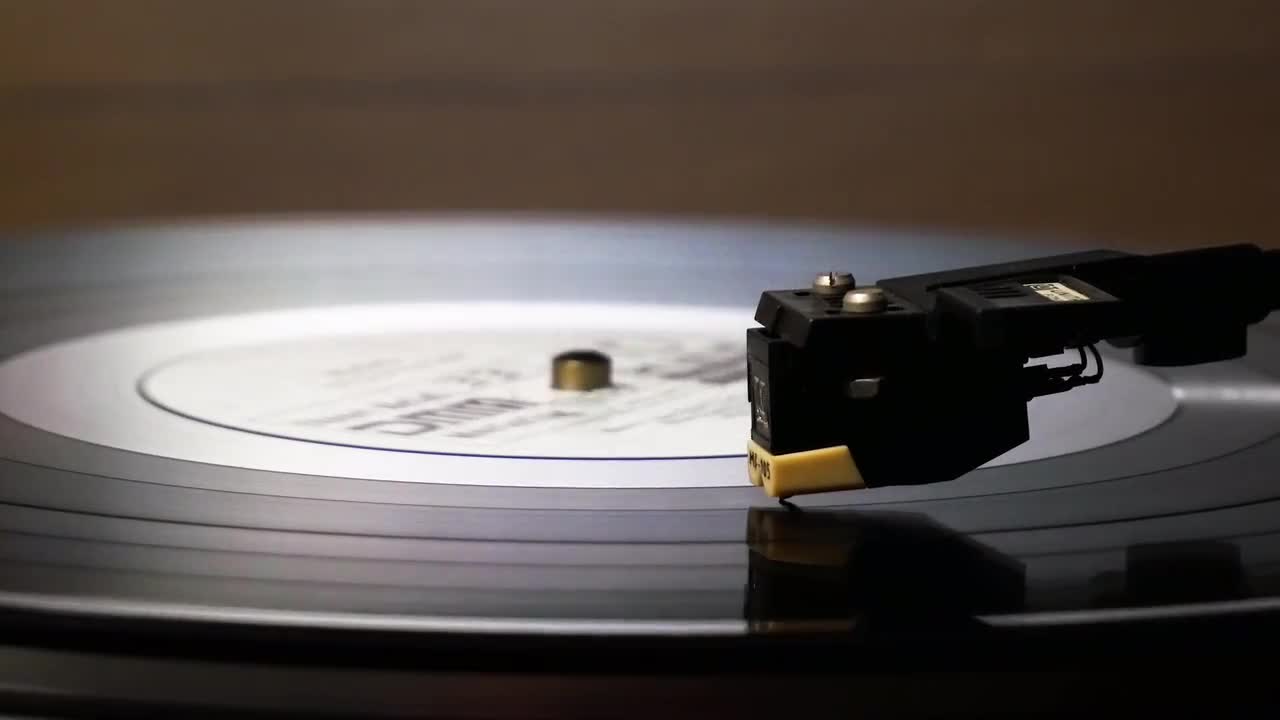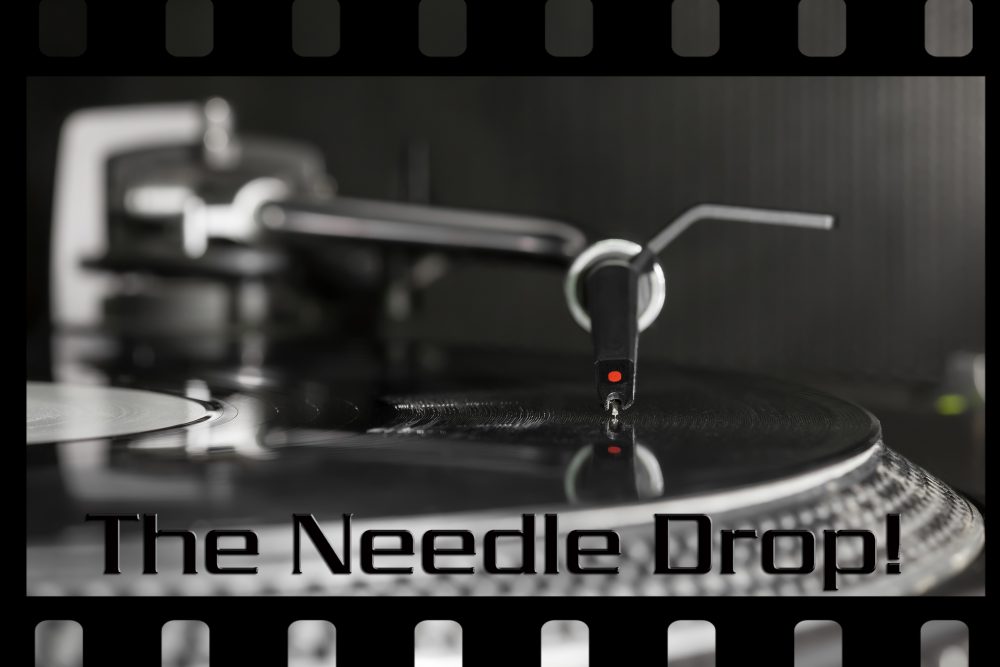diegetic- sounds that thee character can hear (dialogue, tv, music they’re playing, sound effects)
non diegetic- sounds that the audience can hear but the character cant (score, voice over)
diegetic- sounds that thee character can hear (dialogue, tv, music they’re playing, sound effects)
non diegetic- sounds that the audience can hear but the character cant (score, voice over)
Movie-Whiplash
Preference-9/10
Favourite scene-The final scene
Film Element-Editing

Diegetic: Sounds that the characters can hear in their world i.e: doors opening, footsteps etc
Non-Diegetic: Sounds that the viewer can hear but don’t happen in the characters world i.e: music, impact effects, etc
A needle drop moment is the use of an existing often popular song playing rather than an original score.

Diegetic sound is any sound that the characters on screen can hear
Non-Diegetic sound is any sound that the audience can hear but the characters on screen can not
Sound Editor: Records the audio on set and also records sound effects post-production and making sure the sound is of good quality for the mixer
Sound Mixer: Makes sure the audio is immersive for the viewer by toning up or down the volume throughout the film
Using sound that already exists, rather than creating an original score within a film. The ‘Needledrop’ is used when producers want music to add a theme to a scene, and for the audience to associate the music with the mood of the scene.

Diegetic sounds- The Television
The zombie sounds
the vynals crashing
Non-Diegetic sounds- Music
Build up to seeing the first zombie

The New York Times (nytimes.com) – ‘sound editing is about collecting the sounds needed for a film. Sound mixing refers to what is done after they are collected’
It is left to the sound editors to put in other noise to complement the spoken words. This could be ambient sound, like an air-conditioner or the approach of a distant train. In the case of “Star Wars: The Last Jedi,” this would mean the sound of Luke’s lightsaber in conjunction with the rustle of trees on Ahch-To, among many other sounds.
Sound mixing then refers to the postproduction after sounds are already inserted. The most essential goal is to meld the sounds seamlessly with the recorded dialogue. It could mean making that train actually seem distant or adding reverb to a bird’s squawk to create tension in a scene. It also includes matching the audio levels of dialogue recorded at different times.
Sound Editor: A sound editor is a creative professional responsible for selecting and assembling sound recordings in preparation for the final sound mixing or mastering of a television program, motion picture, video game, or any production involving recorded or synthetic sound.
Sound Mixer: Leading the process of capturing audio on set and location is the production sound mixer, an audio engineer who oversees the production audio crew, mixes and balances the audio as it is recorded, and works to identify and solve the many problems that arise in this field: background noise, echo, distortion, and flubbed.